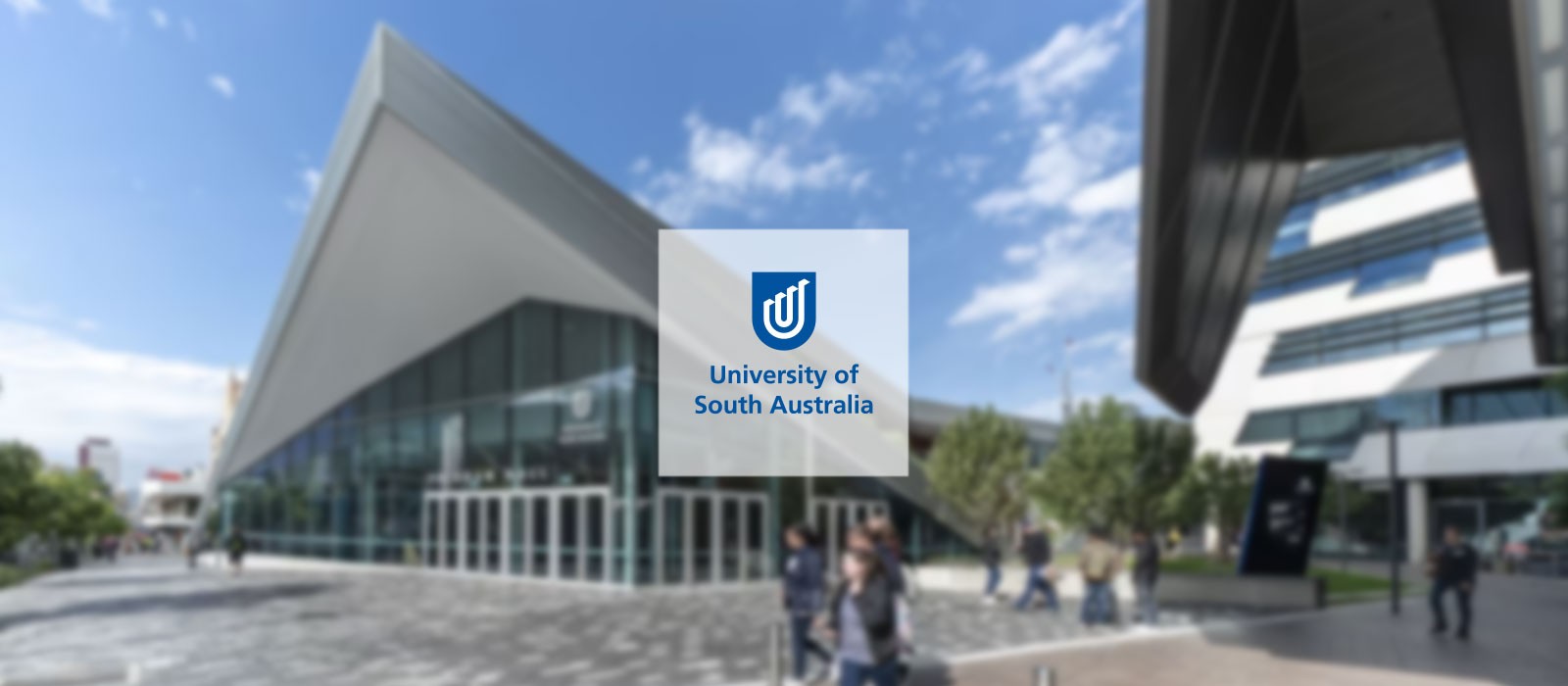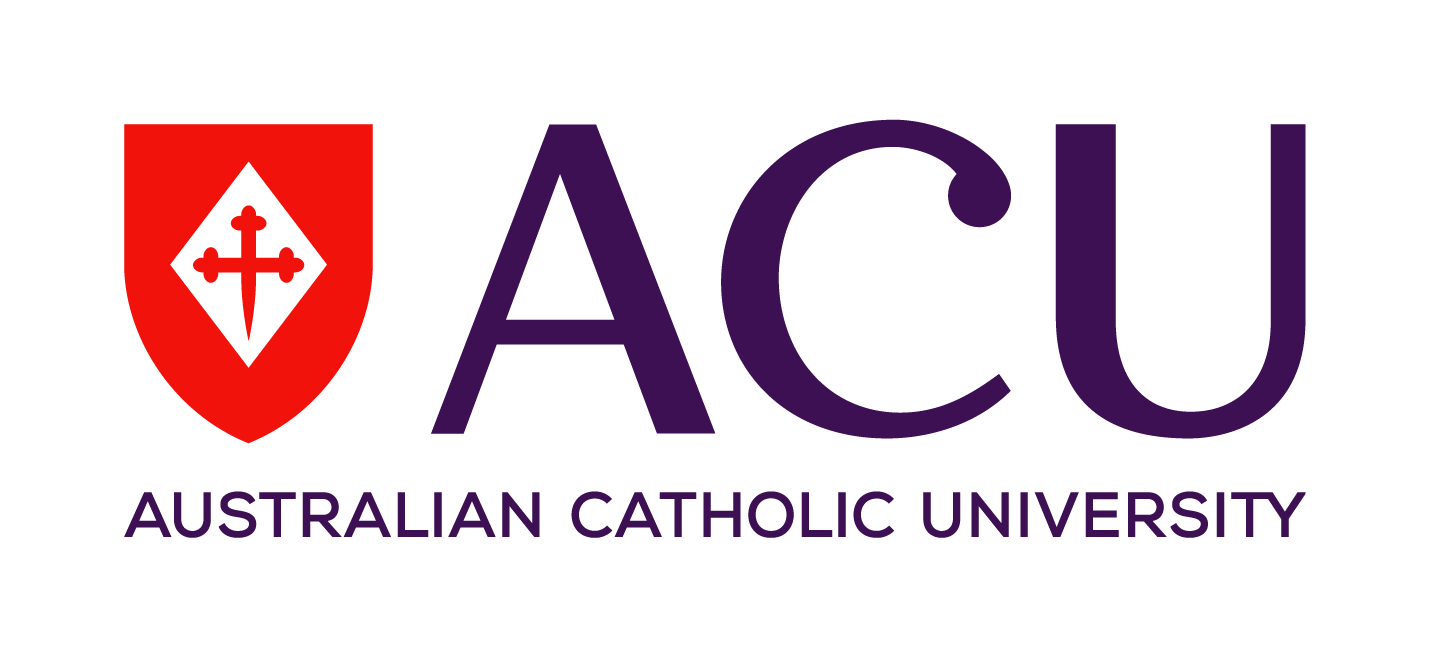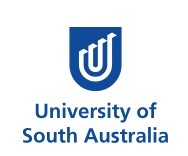
Bachelor of Mathematics (Industrial and Applied Mathematics)


Entry requirements
Duration
3 YEAR(S) FULL-TIME
3 YEAR(S) FULL-TIME
Scholarship
NO
NO
Fee
AUD$ 37,100 PER ANNUM
AUD$ 37,100 PER ANNUM
Intake
FEBRUARY JULY
FEBRUARY JULY
Overview
> English language entry requirements
> In addition to meeting academic entry requirements, international students who speak English as a second or additional language must also meet the University's English language entry requirements. The minimum language requirements for this program are:
> English language test
> IELTS total [6.0]
> IELTS reading [6.0]
> IELTS writing [6.0]
Admission Requirements by Country-2.71
Inquire Now
Degree overview
- Develop your problem solving and analytical skills in modelling, optimisation, applied probability and differential equations.
- Enjoy a diverse and flexible study program exploring the relationship and application of mathematics to areas such as physics, engineering, information technology and biology.
- Graduate work-ready with sound knowledge in applied mathematics and strong multi-disciplinary skills.
- Gain real-world experience with a major project or completion of the Maths Clinic program working closely with an industry partner.
- Join an exceptional cohort of students learning from educators dedicated to training to next generation of mathematicians and data scientists.
- Gain access to a diverse range of researchers in pure and applied mathematics working together to discover, understand, interpret and apply mathematics to important industrial and social problems.
- Study at a university with research in the field of mathematical sciences, applied mathematics and statistics ranked well above world-class1.
- Pursue a career in industry across a range of sectors or consider building your expertise with a research degree.
Career outcomes
Careers to consider:
- Biostatistician: using or applying mathematics and statistics to various categories in biology; designing biological experiments primarily in the field of agriculture and medicine; collecting, dissecting, and summarising data and releasing information based on the findings of that data
- Science and the environment: modelling in food security, climate change and weather forecasting and renewable energy solutions; use data analysis and mathematical modelling to make evidence-based decisions.
- Health and society: modelling of infectious disease and making evidenced-based recommendations; biomedical engineering and data analysis; epidemiology.
- Engineering and resources: modelling for more efficient minerals processing, particularly for rare minerals.
- Business, marketing and finance: interpreting data to optimise processes and make effective decisions; forecasting; cryptocurrencies.
- Technology: digitisation, automation, optimization of processes; artificial intelligence; using your logical thinking and creativity to solve problems.
- Security and defence: modelling for defence optimisation; cybercrime
- Transport and logistics: optimisation and managing strings of processes; infrastructure modelling.
Popular Courses
Start your journey with landmark today!
Find your perfect course
Answer a few questions and
our course matcher will do the rest
Head Office
Level 5, IT Plaza
Kamaladi, Kathmandu
Tel: +977 14542781, 9845566225
E-mail: info@landmarkedu.com
Kamaladi, Kathmandu
Tel: +977 14542781, 9845566225
E-mail: info@landmarkedu.com
Sydney office
Suite 1 Level 1,
46 Macquarie Street,
Parramatta, NSW
Tel: +61 415 122 814
46 Macquarie Street,
Parramatta, NSW
Tel: +61 415 122 814
Branch office
Sahidchowk, Chitwan
Tel: 056-590825
Tel: 056-590825
Mahendrachowk, Biratnagar
Tel: 021-590828
Tel: 021-590828
Level 2, Milanchowk, Butwal, Rupandehi
Tel: 977-71-591694
Tel: 977-71-591694
© Landmark Education. All rights reserved.




